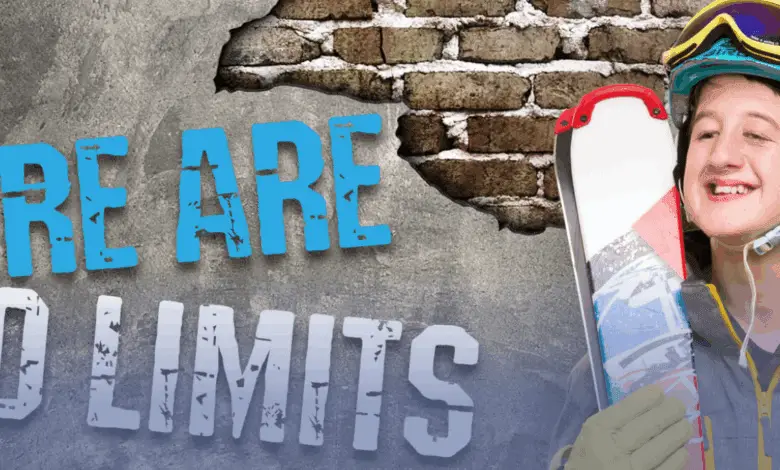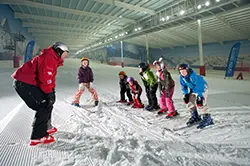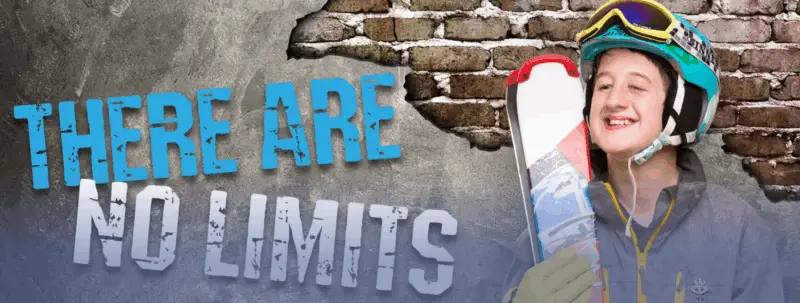
Accessible Snow Sports at The Snow Centre with Snowbility
Breaking Barriers: Adaptive Ski and Snowboard Lessons
For many people, the idea of skiing feels out of reach. Snowbility is proving otherwise, showing that with adaptive equipment and the right instructors, snow sports can be welcoming and achievable for everyone. Thanks to indoor skiing facilities people of all abilities can now experience the thrill of snow in a safe, supportive setting.
How The Snow Centre Leads in Adaptive Snow Sports

Located just outside London, The Snow Centre in Hemel Hempstead, is home to Snowbility, a pioneering adaptive ski and snowboard programme founded by Richard Fetherston in 2011. Snowbility’s mission is to make snow sports accessible to everyone, regardless of disability or additional needs.
Every month, the programme supports over 250 participants, working closely with SEN schools, families, and individuals. Lessons are delivered by a team of 15–20 instructors, many of whom have lived experience of disability themselves. Today, about a quarter of the instructors are autistic – some first joined Snowbility as students before training to teach.
As Richard explains:
“You can’t put barriers on what’s possible…We take the time to understand each personality, enabling their natural abilities and talents to shine through”
Adaptive Gear for Every Skier

At Snowbility, lessons are tailored to each person’s needs, with equipment adapted to make the slopes accessible. This includes:
- Sit-skis for those with limited lower-body mobility.
- Outriggers (mini-skis attached to poles) to support balance and turning.
- Tether systems give instructors extra control while students build confidence.
What makes the programme special is not just the specialist equipment, but the instructors. Lessons are personalised to each person’s needs whether someone is taking their very first glide on the snow or building advanced skills over time.
More Than Just Skiing
Snowbility’s focus isn’t just about learning a new sport, but it’s about the growth and independence of the students. Students often learn a lot from their skiing, such as:
- Confidence boosts: “The first time I skied independently in a sit-ski, I cried halfway down the slope. It wasn’t fear – it was joy.” (Snowbility student, aged 22)
- Improved fitness and balance through regular practice.
- Friendship and community, with families and participants supporting one another.
One parent described the impact of lessons this way:
“My son Isaac has been skiing with Richard from Snowbility once a month for over a year and he loves it… the 100-mile round trip is well worth it as it may be Isaac’s favourite two hours of the month. Thank you, Richard, keep up the awesome work!.”
How to Get Involved
Snowbility offers a range of options, including:
- Individual adaptive ski and snowboard lessons
- Group sessions for SEN schools and community groups
- Taster sessions for those curious to try the slopes
- Assessment sessions to find the best equipment and approach
Prices vary depending on the type of lesson, but adaptive sessions start from around £50. Financial support is also available through the Snow Sports Foundation, which helps cover costs for families who need assistance.
Accessibility On-Site
The Snow Centre itself is designed with accessibility in mind, offering:
- Step-free access and wide entrances
- Adapted changing and restroom facilities
- Instructors fully trained in adaptive coaching
Because the practicalities are already taken care of, the experience is all about the skiing.
Joining the Snowbility Community
Perhaps the most powerful part of Snowbility is the community that’s been built. Families, volunteers, and instructors have been creating an environment where any progress is celebrated. Students often go on to achieve far more than they imagined, some even becoming instructors themselves.
Useful Info For Indoor Skiing at Hemel Hempstead
Location: The Snow Centre, St Albans Hill, Hemel Hempstead, HP3 9NH
Website: snowbility.co.uk
Contact: Visit the website https://www.thesnowcentre.com/ for booking information and current lesson availability.
Tip: If you’re interested in trying adaptive snow sports, start with a taster session to see what works best for you.
Thanks to programmes like Snowbility, skiing and snowboarding are open to far more people. At The Snow Centre, the focus is on removing barriers so that everyone has the chance to enjoy the slopes.
Useful Links
- Snowbility – Adaptive ski and snowboard lessons at The Snow Centre.
- Snow Sports Foundation – Financial support for families and individuals needing help with lesson costs.
- Panathalon Foundation – Charity offering coaching, competitions, and equipment for children with physical and learning disabilities
- Disability Snowsport UK – National charity supporting disabled people to access snowsports across the UK.
- Sport England – Inclusive Sport – Resources for designing and creating inclusive and adaptive sports.